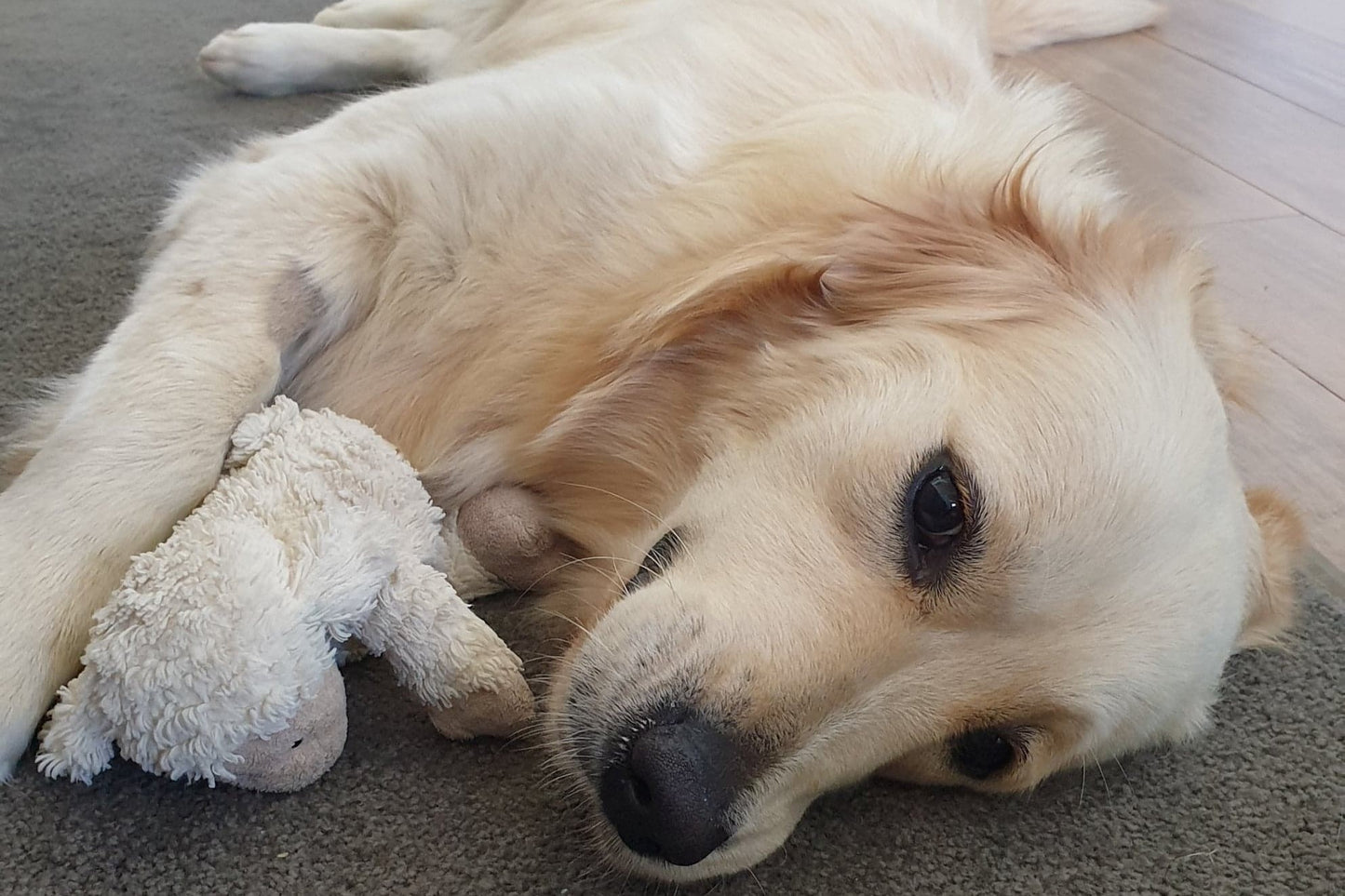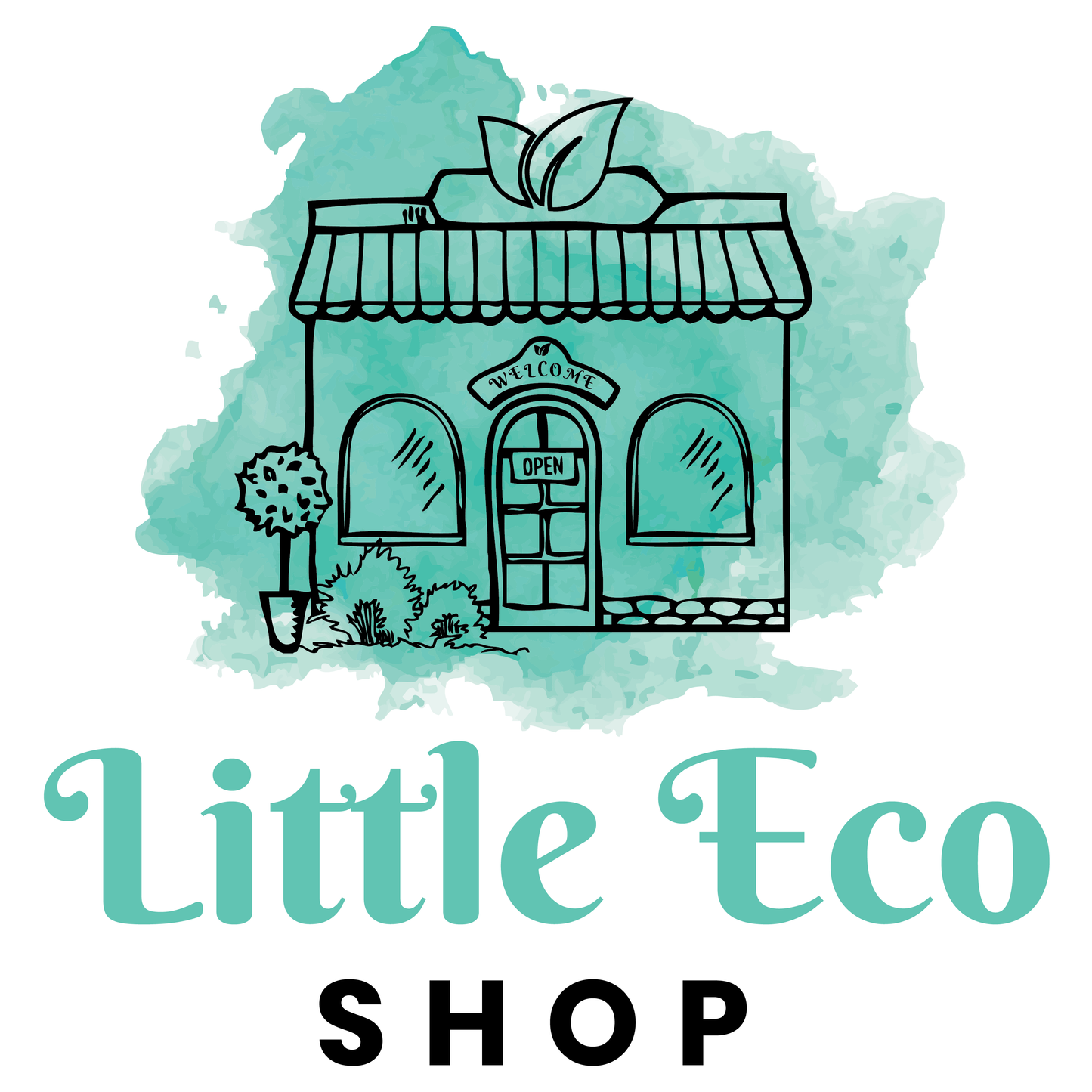
There is no question about the benefits of dog ownership on our overall wellbeing. Pets improve our health through companionship and increased opportunities for exercise and socialisation.
When it comes to the environment, though, our furry folk can cast a heavy environmental burden. From plastic pet paraphernalia, packaged foods and meat-laden diets, to the messy methane mounds they leave in the yard – though they may be but little, pets’ carbon emissions certainly stack up.
What’s the solution?
There is no question about the benefits of dog ownership on our overall wellbeing. Pets improve our health through companionship and increased opportunities for exercise and socialisation – studies have even connected pet parenthood with reduced blood pressure and cholesterol levels.
When it comes to the environment, though, our furry folk can cast a heavy environmental burden. From plastic pet paraphernalia, packaged foods and meat-laden diets, to the messy methane mounds they leave in the yard – though they may be but little, pets’ carbon emissions certainly stack up. Research by New Scientist found that a medium-sized dog contributes roughly the same amount of emissions as a large SUV driven for two years!
What’s the solution? Certainly not a half-life, deprived of doggy cuddles and wet nose nuzzles! There is much you can do to help your pet tread a little lighter, which will not only benefit the planet but your pet’s health too.
Shun packaged foods and treats
When my fur child, Penny, came into my life several years ago, I thought I was doing the right thing in buying her the most expensive, vet-recommended puppy-food I could find. Fast forward a few months and Penny was plagued by allergies and incontinence. This continued for years, and no one, including multiple vets, could figure out why. Their only solution was to medicate my dear dogue with steroids, which caused a plethora of separate issues.
It was only when I later had human children and dealt firsthand with food intolerance, that it dawned on me – perhaps Penny’s gold star, ridiculously-priced kibble didn’t agree with her. A little digging revealed that, like us, some dogs don’t tolerate an abundance of grain in their diets. And those store-bought meals and treats? You guessed it – FULL of gluten grains.
Of course! As with people food, packaged dog food and treats only appeared for the sake of convenience (and profit) in our ever-busy world. Dogs evolved eating a diet of raw meat and bone. Due to domestication, doggy diets diversified and they developed the enzymes required to digest starch, but your pup’s pancreas is much smaller than a human’s and isn’t capable of producing these enzymes in adequate amounts to tolerate a carbohydrate-rich diet.
A vet giving a brand of packaged food their tick of approval is much like a nutritionist giving a five-star health rating to a popular brand of meal replacement drinks – it might be nutritionally complete, but it’s probably not the most bioavailable or well-digested product out there – if you must rely on processed food, it’s the best of an average bunch. As we’re all well aware, there is simply no substitute for fresh food.
Choosing a raw meat diet for your doggo is not only biologically appropriate, it means that you can go directly to a butcher with reusable containers or compostable bags (find them here) and utilise animal by-products that would otherwise be wasted. Shunning packaged foods will reduce the energy used by the pet food industry to cook and process their ingredients and produce the shiny plastic packaging that houses them.
Vegan dogs?
That’s virtually an oxymoron. Meat-rich diets are a major contributor to your furball’s planetary pawprint, and there is much expert focus, currently, on how to feed the world’s pets, without an overreliance on meat products. But, while going vegan is a noble and eco-friendly move for humans, it is not appropriate for your dog.
Dogs can be very sensitive to changes in diet and there have been cases in which they’ve become very unwell, thanks to well-meaning owners getting a little too creative with the veggies. Modelling your pet’s food intake on a wild canine diet is a wise way to go – offering 75-85% meat, bone, offal and tripe and 15-25% pureed plant matter, like parsley, kale and chard. About a quarter of their plant intake should consist of cooked and pureed root vegetables and fruit. Before adjusting your dog’s diet, talk to your vet – there are certain people foods that dogs should never eat, like avocado, citrus fruits, grapes and onions.
Rather than looking to a vegan diet for your dog, consider ways that you can reduce your own environmental impact – whether by composting, recycling, buying less new items or cutting down on household waste.
Planet-friendly pickups
Picking up after your doggo is never fun, but it can be sustainable. Choose compostable dog waste bags, like these from BioTuff, and place your dog’s droppings in your household green bin (if your council accepts it). If you have a home composting system, you can place the poop in there, but this isn’t the best idea if the resulting mulch will be used to fertilise edible plants in your garden.
During the composting process, the temperature of composted materials rises to over fifty degrees, destroying the bulk of pathogenic microbes that may be present. However, there are some parasites that are only destroyed with constant high temperatures. If your dog shows any signs of illness or worm infection, keep their doo out of the home compost until the problem is resolved.
Alternatively, consider making your very own dedicated DIY dog poop composter and place it well away from your veggie patch. They’re easy and cheap to build and you won’t need to empty it as it decomposes quickly. Benefits include no more stinky, fly infested kerbside bins, reduce household waste and more dollars in your pocket as you no longer need to use disposable bags at home. For a full breakdown on how to build your own dog waste composter, head to Hazel’s recent Facebook post here.
Get creative
When it comes to doggie accessories and playthings, avoid the plastic abominations at the pet store and use your imagination. Old t-shirts can be turned into toys (visit YouTube for tutorials), rope and soft kids’ toys from the op shop can be used at playtime and you can now source fantastic dog collars and leads made from recycled hemp and cork. Your precious pooch won’t be strutting down any catwalks (I’ll avoid the obvious joke here), and has a beautiful coat to keep warm, so rethink whether doggie fashion is necessary.
Little Eco Shop’s own queen of green, Hazel, is navigating pet parenthood with her precious new Golden Retriever, Daisy, so definitely hit us up if you have any pointers of your own to share. Or, send in your doggy spam – we’re good with either.
Stay green eco folk,
The Little Eco Shop Team x